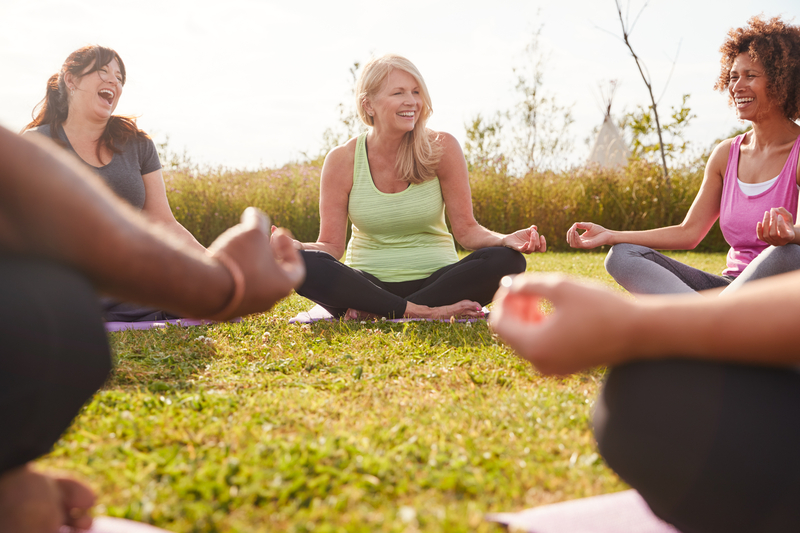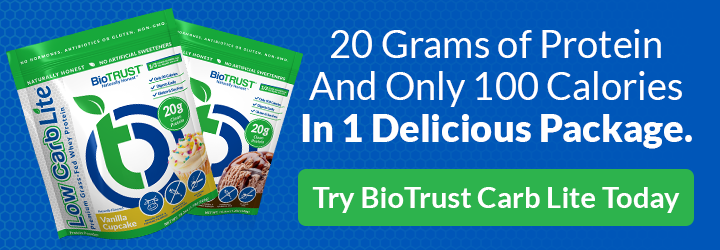9 Ways to Boost Dopamine Levels and Feel the Love

Whether you’re newly in love, have been in a couple for decades, or are fully (or mostly) satisfied with being single, dopamine plays a role in how and when you feel the love. You can think of dopamine as the brain’s own cupid. It’s often dubbed the “feel-good” hormone, but it does more than provide fleeting moments of joy. It can also help deepen feelings of love. Here’s what it is, what it does, and how to boost dopamine levels and feel the love.
What Is Dopamine?
Dopamine is one of the chemical messengers (a neurotransmitter) in the brain. It transmits signals of pleasure, reward, and motivation. Dopamine doesn’t just make people feel good. It’s important for making decisions and regulating mood. So, it plays a pivotal role in health and well-being.
You could think of dopamine as a cheerleader in the brain that roots you on to repeat behaviors it finds rewarding. That’s good and bad, which is why it’s important to maintain a healthy balance. Benefits of dopamine include:
- Enhancing mood, pleasure, and happiness. It also helps you feel more loving toward your partner, friends, pets, and even yourself.
- Boosts motivation and learning as a key component in the brain’s reward system. When you accomplish a task or learn something new, for example, dopamine is released. This reinforces the behavior and makes you want to repeat it. Thus, it boosts motivation and goal-oriented behavior.
- Improves cognitive function as it’s essential for memory, focus, and problem-solving.
- Regulates movement, so your body moves smoothly and in control. Adequate levels are needed for normal motor functioning.
- Supports heart health as it helps regulate blood flow and heart rate.
There is a flip side, however. Excess dopamine can also come with some drawbacks, such as:
- Increased risk of addiction or high-risk behaviors, especially if there is excess activity in the reward pathways. Artificially-induced spikes in dopamine levels, such as from drugs, alcohol, or gambling, could increase the risk of impulsive or addictive behaviors. Later, the brain may have a decreased sensitivity to dopamine, which can lead to depression or reduced levels of satisfaction or pleasure from normal experiences.
- An overstimulation of dopamine receptors causes dopamine dysregulation syndrome. Typically, this has been linked to medications used to treat Parkinson’s disease, which can again lead to impulsive, compulsive, or addictive behaviors. Medications that impact dopamine levels can also lead to side effects like nausea, sleep disturbances, and mood swings.
- Motor function impairment, such as tremors, stiffness, and difficulty with balance and coordination, can be found with low levels of dopamine, such as found with Parkinson’s disease.
How to Boost Dopamine
Dopamine levels naturally surge when you’re attracted to someone. You may feel giddy and euphoric if you are newly in love. It’s nature’s love potion. Every glance, touch, or thought of your beloved can trigger a delightful chemical cascade. Yet the feeling differs from the other love chemicals like oxytocin, which fosters bonding and trust, and serotonin, which is calming and promotes learning and happiness.
If you’re ready to turn up the dopamine naturally:
- Get moving! According to a review article, physical activity may help boost dopamine levels throughout life.
- Eat dopamine-enhancing foods like protein-rich dairy products, eggs, beans, whole grains, chicken, fish, and meat, as well as bananas, nuts, and dark chocolate.
- Consume less saturated fats, which can dampen dopamine signals. For example, limit processed meats, trim off excess fat from meats, and opt for leaner cuts. You can also choose to eat more legumes, nuts, and beans instead of red meat.
- Promote gut health by consuming probiotic and prebiotic-rich foods.
- Let the sunshine in as exposure to natural light (or light therapy) has been found to boost dopamine, especially in people who have low dopamine levels during winter months.
- Prioritize sleep, as disruptions in circadian rhythms can disrupt the release of dopamine.
- Add meditation to your routine to decrease stress and anxiety and boost dopamine
- Turn on some tunes as, according to research, listening to music may boost dopamine.
- Plan an exciting date with your loved one. New experiences can boost dopamine levels. Combine it with something that gets you moving for even better results. For instance, you could hike a new trail together, go dancing or horseback riding, take a yoga class, visit a dog park, zoo, or botanical garden, solve an escape room, play laser tag or paintball, go for a bike ride, go pick apples, peaches, or berries, take an archery class, or go skating or rock climbing. Just choose something fun that both of you can enjoy that’s a little off the beaten path.

Beyond Romance
Since we’re approaching Valentine’s Day, romance is top of mind for many of us. But romantic love isn’t the only type of love. It often isn’t even the most important. There’s love between friends, family bonds, and, most importantly, self-love.
In the early stages of romantic love, dopamine levels are very high. The surge contributes to those tell-tale feelings of euphoria, intense energy, and focus on your loved one. Dopamine levels are high, and the brain’s reward circuitry is sizzling. The new experiences are highly rewarding and pleasurable, so you prioritize your partner and may find yourself thinking of them constantly.
As the first stages of love move into a more sustained or long-term relationship, dopamine continues to play a role. But now it’s complemented by other chemicals, such as oxytocin and vasopressin, which help deepen the bond. Dopamine levels may even out, contributing to more stable and enduring rewards and satisfaction. These levels continue to reinforce the relationship due to shared experiences, memories, as well as the ongoing discovery of common interests.
What about friendships? Dopamine is also released during positive social interactions, including friendships. The joy and satisfaction found in socializing with friends release dopamine to reinforce strong bonds. Again, a dose of oxytocin and serotonin enhances feelings of trust and emotional bonds with friends.
We can’t forget our fur friends. Humans naturally bond with animals, and interactions with pets can trigger the release of dopamine. This explains the joy and positive feelings experienced when spending time with our pets—stroking, playing, and cuddling them. Physical contact also leads to the release of dopamine and oxytocin, which further strengthens the bond and love we feel when spending time with pets.
Self-love, or the practice of treating yourself with kindness, compassion, and respect, is vital to your mental and emotional health and well-being. Again, self-love is linked to the release of dopamine and its association with pleasure and reward. Self-care and self-compassion also release dopamine in the brain.
There are similarities as well as differences between the different types of relationships. For instance, new or romantic love is often characterized by a high-intensity, reward-focused experience. Long-term love, platonic love, or pet love, in contrast, involves a more stable, attachment-oriented dopamine response. Other neurochemicals, such as oxytocin, serotonin, and vasopressin, also interact with dopamine to create a positive, rewarding experience across all types of love.

Common Misconceptions about Dopamine
Boosting dopamine levels isn’t about tricking yourself into falling in love or the instant gratification that comes with a new relationship. It’s all about nurturing the natural process to build and sustain long-term relationships.
Numerous drugs, as well as alcohol, can be used to manipulate dopamine levels. Artificial spikes in dopamine can lead to feelings of euphoria that can be highly addictive as the brain links the substance or behavior with a reward similar to how it feels when we’re in love. Ultimately, this could lead to a cycle of dependency.
Substances aren’t the only way to manipulate dopamine. Certain behaviors, like gambling, gaming, and even using social media excessively or falling prey to some marketing, have been found to manipulate dopamine levels. The intermittent, unpredictable rewards can then lead to potential impulsive, habitual, or addictive behaviors.
Boosting dopamine doesn’t equal only pleasure. In reality, dopamine release is more about anticipating pleasure and motivation. The experience of pleasure, as well as love, involves a more complex interplay of several neurotransmitters.
So, feeling the love, enhancing satisfaction, and boosting happiness isn’t necessarily the result of higher dopamine levels. Instead, it’s about creating the right balance of dopamine with other neurotransmitters. Too much and too little dopamine can have adverse effects.

Wrapping Up How to Boost Dopamine Levels
Understanding dopamine and how to raise it naturally isn’t just for science buffs. It’s for anyone interested in the art and science of love.
This Valentine’s Day, whether you’re in a new relationship, have been pleasantly coupled for years (or decades), or are a thriving single, remember that love comes in many forms—all of which offer connection, joy, and pleasure. Here’s to a healthy balance of dopamine and the extra spark and reward it provides!





